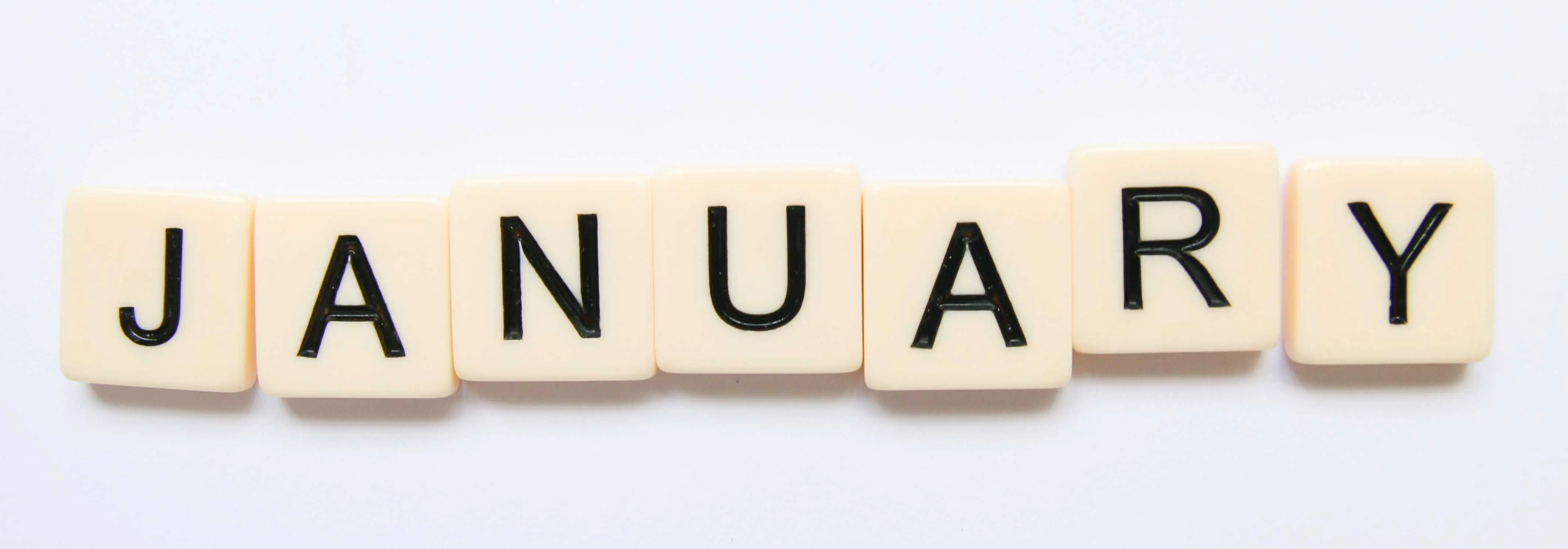Alcanon recommends these governmental, academic, and non-profit organizations for help with alcohol dependency. Email contact@alcanon.com to suggest additions to this list.
Alcanon is not affiliated with any of these organizations and accepts no compensation for these referrals.
US Government
CDC Alcohol Program (Alcohol and Public Health)
The CDC Alcohol Program’s mission is to prevent excessive alcohol use and its impact in states and communities through public health surveillance, partnerships, and applied research for translation into public health practice. The program has four main goals:
- Improve public health surveillance on excessive alcohol use, particularly binge and underage drinking, and related health outcomes.
- Increase the translation and communication of effective population-level strategies for preventing excessive alcohol use and related outcomes into public health practice.
- Expand state and local public health capacity in alcohol epidemiology and preventing excessive alcohol use.
- Provide national leadership on effective population-level strategies to prevent excessive alcohol use through collaborations and partnerships.
National Institute on Alcohol Abuse and Alcoholism (NIAAA)
The mission of the National Institute on Alcohol Abuse and Alcoholism is to generate and disseminate fundamental knowledge about the effects of alcohol on health and well-being, and apply that knowledge to improve diagnosis, prevention, and treatment of alcohol-related problems, including alcohol use disorder, across the lifespan.
Substance Abuse and Mental Health Services Administration (SAMHSA)
The Substance Abuse and Mental Health Services Administration (SAMHSA) is the agency within the U.S. Department of Health and Human Services that leads public health efforts to advance the behavioral health of the nation. SAMHSA’s mission is to reduce the impact of substance abuse and mental illness on America’s communities.
Research
Alcohol Research Group (ARG)
ARG’s mission is to improve public health through deepening our understanding of alcohol and other drug use and investigating innovative approaches to reduce its consequences for individuals, families, and communities.
Alcohol Research Center (ARC)
The Alcohol Research Center (ARC) is the longest-funded center at the National Institute on Alcohol Abuse and Alcoholism. The center focuses on both the etiology and treatment of alcoholism.
Moderation
Moderation Management
Moderation Management is a lay-led non-profit dedicated to reducing the harm caused by the misuse of alcohol. For over twenty years, MM has helped thousands of people get started on the right path of recovery for them.
- Members take personal responsibility for their own recovery from a drinking problem.
- People helping people is the strength of the organization.
- People who help others to recover also help themselves.
- Self-esteem and self-management are essential to recovery.
- Members treat each other with respect and dignity.
Sobriety and Support
Alcoholics Anonymous
Alcoholics Anonymous is a fellowship of people who come together to solve their drinking problem. It doesn’t cost anything to attend A.A. meetings. There are no age or education requirements to participate. Membership is open to anyone who wants to do something about their drinking problem.
A.A.’s primary purpose is to help alcoholics to achieve sobriety.
Al-anon and Alateen
Al-anon Family Groups provides help and hope for families and friends of alcoholics. Al-Anon members are people who are worried about someone with a drinking problem. Alateen is for young people aged 13 to 18 who have been affected by someone else’s drinking.
Help Lines
SAMHSA National Helpline (U.S. Department of Health & Human Services)
SAMHSA’s National Helpline, 1-800-662-HELP (4357), (also known as the Treatment Referral Routing Service) or TTY: 1-800-487-4889 is a confidential, free, 24-hour-a-day, 365-day-a-year, information service, in English and Spanish, for individuals and family members facing mental and/or substance use disorders. This service provides referrals to local treatment facilities, support groups, and community-based organizations. Callers can also order free publications and other information.


